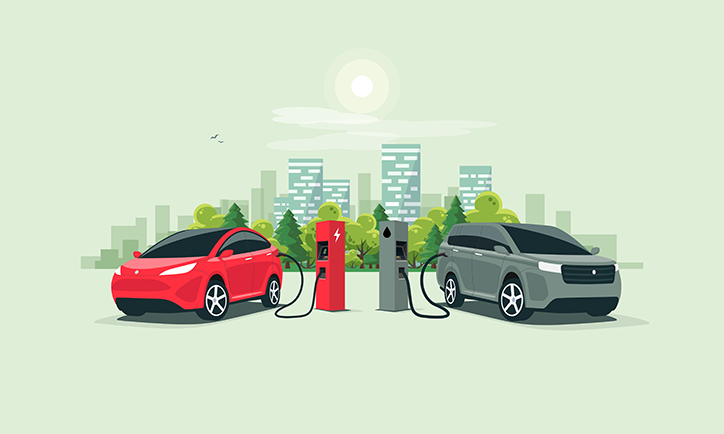As the football season kicks off, fans across the country are gearing up for the excitement of the games. From the roar of the crowd in stadiums to the buzzing atmosphere of tailgates and the comfort of watching from home, football brings people together. But have you ever thought about the energy it takes to power this beloved sport?
The Energy Demand of Football
Football games, whether in colossal stadiums or cozy living rooms, consume a significant amount of electricity. Stadiums light up like beacons, screens around the world broadcast the action, and fans at home power up their TVs, lights, and snacks—all of which contribute to a spike in electricity usage.
- Stadiums: These massive venues can hold tens of thousands of people, and keeping them running during a game is no small feat. The lights that illuminate the field, the jumbotrons displaying replays, the sound systems that boom with every touchdown call—all require a tremendous amount of power.
- Broadcasting: Football is a global sport, with millions of fans tuning in to watch games live. Broadcasting these games requires a lot of energy, from the cameras capturing every play to the satellites transmitting signals to our homes.
- Fans at Home: Watching football at home also has its energy costs. TVs, sound systems, refrigerators full of game-day snacks, and even electric grills all contribute to the overall electricity usage.
Going Green: Renewable Energy in Football
Thankfully, the football industry is becoming increasingly aware of its environmental impact, and many are taking steps to reduce it. Here’s how:
- Stadiums Embracing Renewable Energy: Some stadiums have started to incorporate renewable energy sources. For example, Levi’s Stadium, home of the San Francisco 49ers, uses solar panels to generate a significant portion of its electricity. Similarly, the Mercedes-Benz Stadium in Atlanta boasts one of the largest on-site solar systems of any sports venue in the world.
- Energy-Efficient Lighting: Modern stadiums are shifting to LED lighting, which uses far less energy than traditional lighting. LED lights not only reduce electricity consumption but also last longer, which means fewer replacements and less waste.
- Sustainable Transportation: Encouraging fans to use public transportation, carpool, or even bike to games can significantly reduce the carbon footprint of game day. Some stadiums even offer electric vehicle (EV) charging stations to promote greener travel.
- Zero-Waste Initiatives: Many teams and stadiums are implementing zero-waste programs, aiming to reduce, reuse, and recycle as much as possible. By reducing waste, these programs help cut down on the energy needed for disposal and processing.
How You Can Play Your Part
Even if you’re not at the stadium, you can still make a difference:
- Watch Responsibly: Consider watching the game with friends or family to reduce the number of TVs and lights in use. If you’re hosting a game-day party, try using energy-efficient appliances and lighting.
- Opt for Green Energy: If your utility provider offers renewable energy options, consider making the switch. Supporting green energy helps reduce the overall demand for fossil fuels.
- Use Energy Wisely: Simple steps like turning off lights in rooms you’re not using, unplugging devices when not in use, and lowering the thermostat can help reduce your energy consumption during the game.
The Final Score
Football season is a time of excitement, camaraderie, and tradition. As we cheer on our favorite teams, we should also be mindful of the energy we’re using and the impact it has on our planet. By embracing renewable energy and taking steps to reduce our electricity consumption, we can all help ensure that the sport we love remains sustainable for future generations. So, as you settle in to watch the next big game, remember that going green is a win for everyone!



